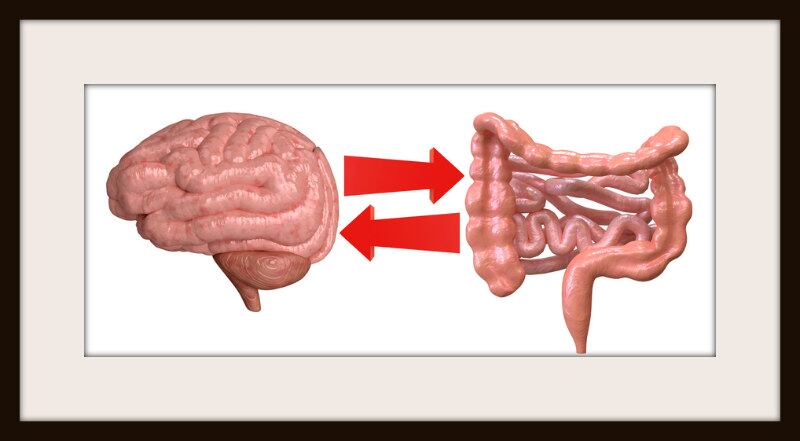A new study, published in Social Psychiatry and Psychiatric Epidemiology, examined factors associated with Post-Traumatic Stress Disorder (PTSD) and found that nutrition and PTSD are linked.
Study details
The study team analyzed data from the baseline Canadian Longitudinal Study on Aging, which involved 27,211 participants 45-85 years of age, of whom 1,323 had PTSD.
Factors that were examined include immigrant status by ethnicity (Canadian-born white, Canadian-born minority, immigrant white, immigrant minority) and covariates included various social, economic, nutrition and health-related variables.
“After controlling for socioeconomic and health variables, immigrants from minority groups had significantly higher odds of PTSD compared to their Canadian-born counterparts, whereas white immigrants had lower odds of PTSD. These relationships were significantly robust across seven cluster-based regression models. After adjusting for ethnicity/immigrant status, the odds of PTSD were higher among those earning lower household incomes, widowed, divorced, or separated respondents, ever smokers, and those who had multi-morbidities, chronic pain, high nutritional risk, or who reported daily consumptions of pastries, pulses and nuts, or chocolate. Conversely, those 55 years and over, who had high waist-to-height ratio, or who consumed 2–3 fiber sources daily had significantly lower odds of PTSD," the report noted.
The fiber factor
One of the most notable findings was the discovery that Canadians, between the ages of 45 and 85, were less likely to exhibit PTSD if they consumed an average of two to three fiber sources daily.
"It is possible that optimal levels of dietary fiber have some type of mental health-related protective effect," said Karen Davison, Director of the Nutrition Informatics Research Group and Health Science Program Faculty Member at Kwantlen Polytechnic University. "This may be due to the communication network that connects the gut and brain via short chain fatty acids (SCFAs), which are metabolic byproducts of bacterial fermentation made by microbes in the human gut."
SCFAs
Indeed, SCFAs, the main metabolites produced in the colon by bacterial fermentation of dietary fibers and resistant starch, are thought to play a key role in neuro-immunoendocrine regulation.
However, like many other aspects of the gut microbiome, the underlying mechanisms through which SCFAs might influence brain physiology and behavior are not fully understood.
Bacteria in the gut is also affected by emotional responses. Stress hormones can alter their growth and damage the lining of the gut, allowing both bacteria and their toxins to get into the bloodstream. This can result in inflammation, a condition known to contribute to psychiatric diseases such as PTSD.
Other diet-related factors
Interestingly, daily consumption of pastries, pulses and nuts, or chocolate were also found to be associated with an increased likelihood of PTSD.
"This finding that increased intakes of pulses and nuts were associated with increased odds of PTSD was unexpected," noted Christina Hyland, a doctoral student at the University of Toronto's FIFSW. "However, the measures for these in the Canadian Longitudinal Study on Aging dataset included sources such as peanut butter, and may have also included less healthy variations such as salted or candied nuts."
Common ground
Other research has suggested that altered levels of the bacteria that occurred early in life in response to childhood trauma could play a role in later developing PTSD.
While the link between PTSD and gut microbes is not totally clear, the study highlights some potential common ground between fiber intake, stress and gut microbes.
While further studies that examine gut-brain interactions may aid in developing novel therapeutic targets for treating disorders such as PTSD, SCFAs may just hold the key as dietary interventions with a range of psychological functions.
Source: Social Psychiatry and Psychiatric Epidemiology
(2021) doi.org/10.1007/s00127-020-02003-7
“Post-traumatic stress disorder (PTSD) in mid-age and older adults differs by immigrant status and ethnicity, nutrition, and other determinants of health in the Canadian Longitudinal Study on Aging (CLSA)”
Authors: K. Davison et al.




